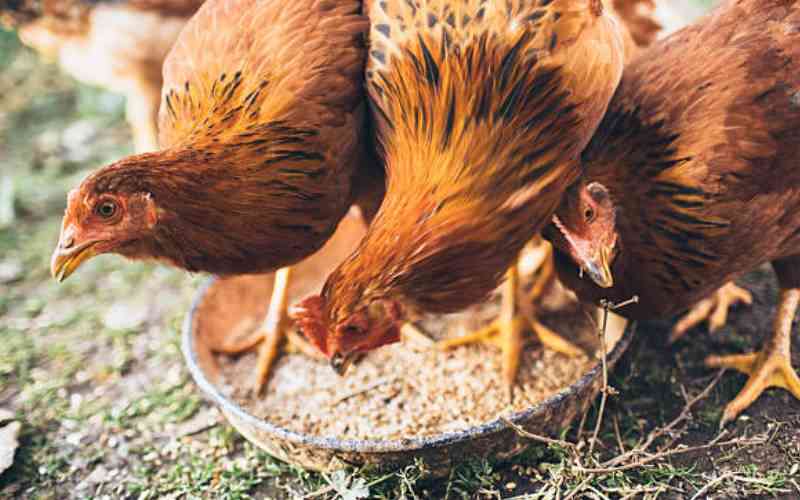×
The Standard e-Paper
Stay Informed, Even Offline

Stakeholders in the animal feed industry are optimistic that the government will lift the ban on the importation of genetically modified (GM) yellow maize.
The maize is used in the manufacture of animal feeds.